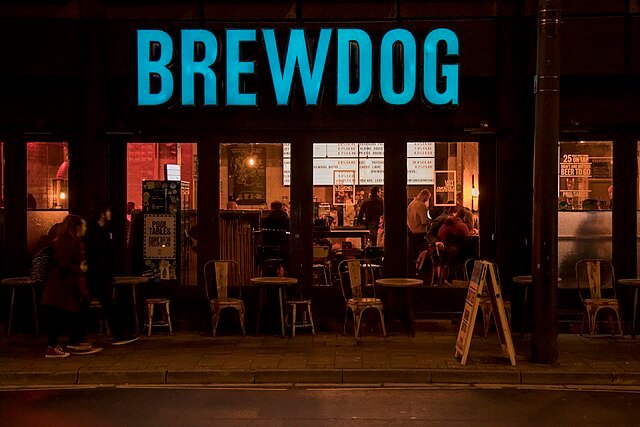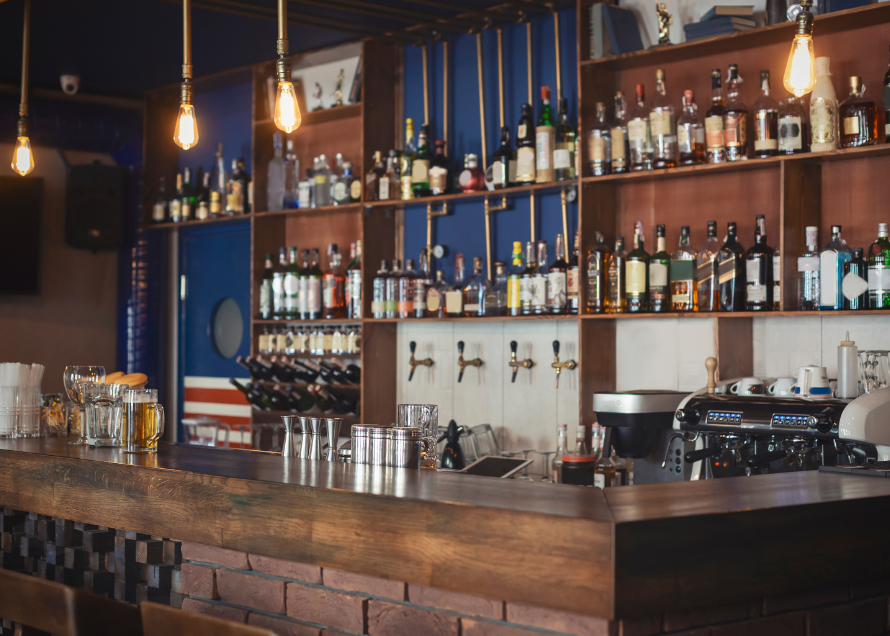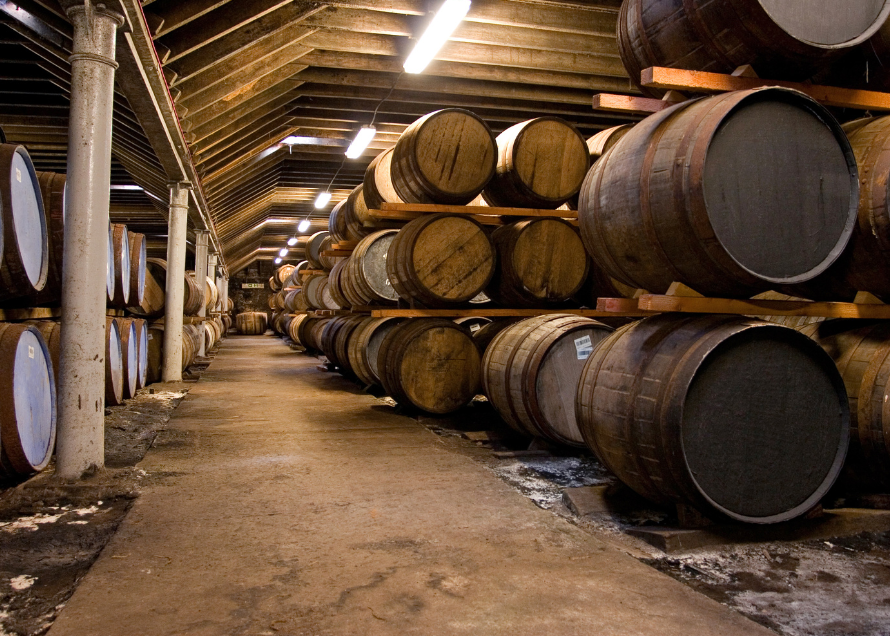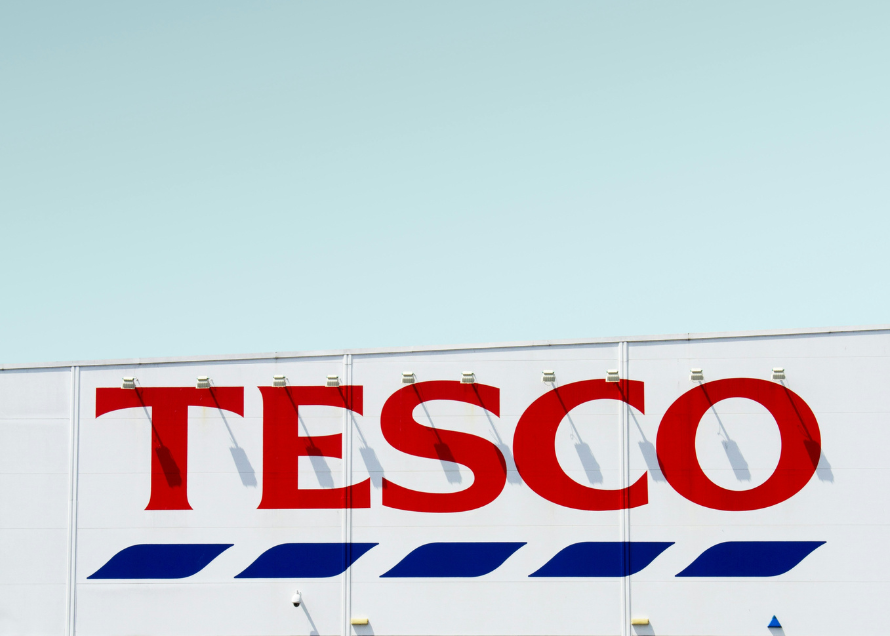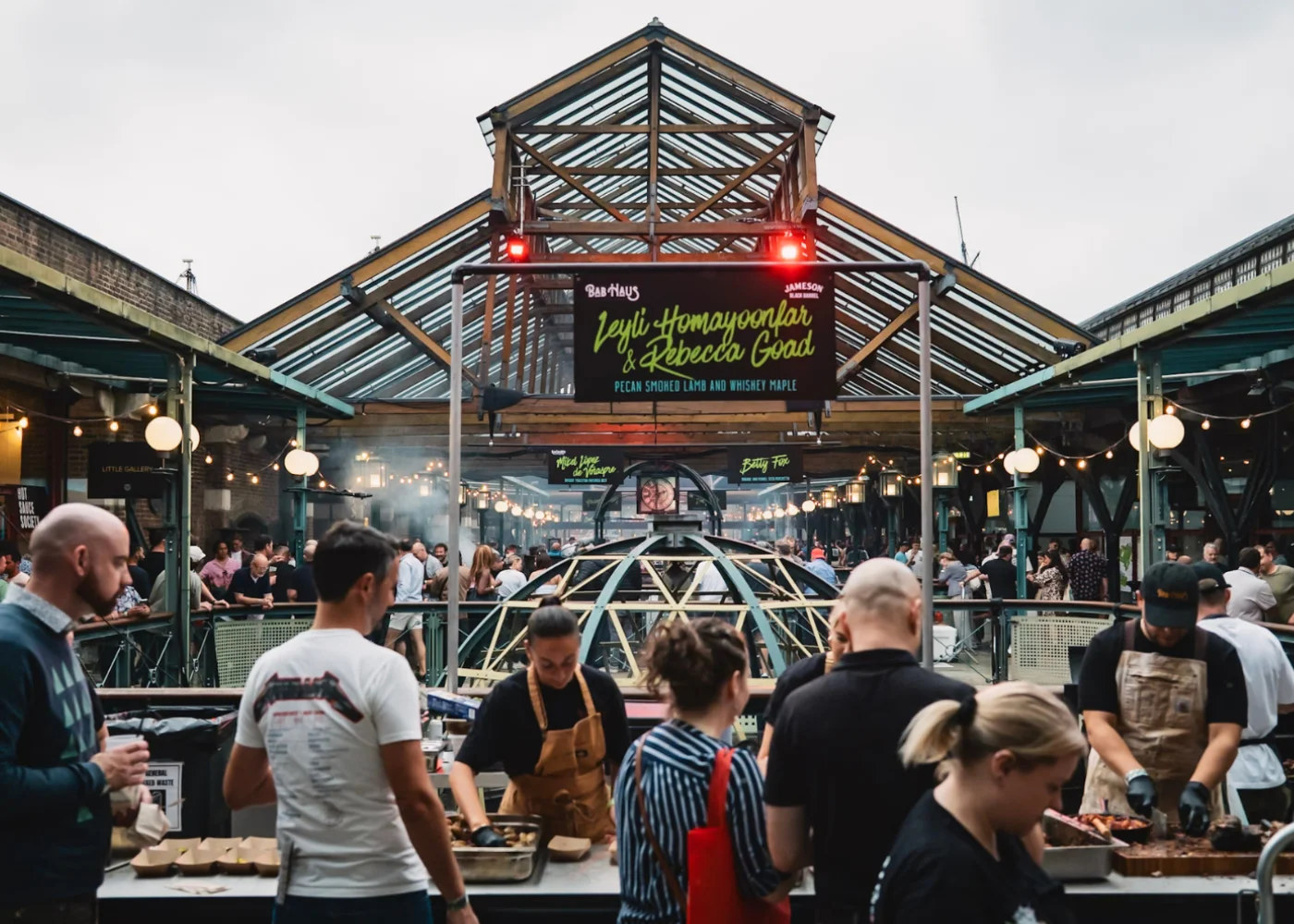Britain’s brewing and hospitality sector is grappling with over £1 billion in additional operational costs accumulated during the past year, according to BrewDog chief executive James Taylor, who has issued a stark warning to Chancellor Rachel Reeves as she prepares for the upcoming Budget.
The scale of the financial burden is forcing operators across the industry to make drastic decisions about viability, employment and expansion. According to Taylor, the UK brewing and pub sector would need to generate sales equivalent to approximately 950,000 additional pints every hour simply to offset mounting expenses that have hit businesses from multiple directions simultaneously.
Perfect Storm of Rising Costs
The hospitality industry’s financial crisis stems from what Taylor describes as a “perfect storm” of cost increases affecting virtually every aspect of operations. Energy and utility expenses, wage bills, employer National Insurance contributions, raw material prices, packaging costs and regulatory compliance charges have all risen significantly over the past twelve months.
The situation has been exacerbated by tax changes implemented in Chancellor Reeves’s October 2024 Autumn Budget, which industry leaders say has intensified already challenging trading conditions. The most significant blow came from increases to employer National Insurance contributions, which rose from 13.8% to 15% from April 2025, alongside a reduction in the threshold at which employers begin paying NICs – from £9,100 to £5,000 annually. This measure alone is projected to generate £25 billion annually for the Treasury by the end of the forecast period, accounting for more than half of the £40 billion in tax rises announced in the Budget.
For the hospitality sector specifically, the impact has been devastating. The Office for National Statistics recorded approximately 89,000 job losses in hospitality between October 2024 and mid-2025, representing 53% of all job losses across the UK economy during that period. Industry projections suggest the sector could lose 111,000 jobs by the next Budget in November 2025.
Industry Calls for Government Action
In response to the mounting crisis, BrewDog and other industry bodies are calling on the Chancellor to take “meaningful action” through several specific reforms. The company wants to see comprehensive reforms to the business rates system, relief on beer duty, and “a review of the cumulative cost burden that is threatening the viability of thousands of UK pubs and breweries”.
BrewDog is also advocating for temporary VAT relief for hospitality companies “to protect jobs and sustain local economies”. This call echoes relief measures adopted by European neighbours. Germany announced plans to permanently reduce the VAT rate on restaurant meals from 19% to 7% starting January 2026, following temporary pandemic-era relief. Ireland’s government has proposed reducing VAT for food-led hospitality businesses, catering and hairdressing from 13.5% to 9%, taking effect from July 2026.
Pub Closures Accelerate
The financial pressures are manifesting in alarming closure rates across the sector. The British Beer and Pub Association projects that 378 pubs will close across England, Wales and Scotland in 2025 – equivalent to more than one per day – up from 350 closures in 2024. Since 2020, more than 2,280 pubs have been demolished or converted to other uses across England and Wales.
Government data shows that 209 pubs were demolished or converted for other uses in the first half of 2025 alone—an average of eight closures per week. The South East has been particularly hard hit, losing 31 pubs in just six months. Overall, the hospitality sector has contracted by 14.2% since March 2020, with 16,000 net closures during that period.
Recent months have seen high-profile closures, including BrewDog’s own decision in July 2025 to shut 10 UK bars, including its original flagship venue in Aberdeen. Chief executive Taylor cited “rising costs, increased regulation, and economic pressures” as driving factors, stating that despite the company’s best efforts, the venues were not commercially viable due to “their size, location and other limiting factors”.
The closures affected sites in Aberdeen, Dundee, Leeds, Brighton, Oxford, Sheffield, York and three London locations—Camden, Shepherd’s Bush and Shoreditch. Taylor described the move as “not simply a response to the challenging UK hospitality market, but a proactive decision to redefine the bar division’s focus”.
BrewDog’s warning to the Chancellor comes against the backdrop of the company’s own financial challenges. The Aberdeenshire-based craft brewer reported pre-tax losses of £36.6 million for the year ending December 31, 2024—an improvement from £59.2 million in losses the previous year, but still far from the return to profitability the company had hoped to achieve.
You Might Also Like:
For operators like BrewDog, the coming months will be critical. While the company has managed to narrow its losses and achieve market share gains, its financial position remains precarious with mounting debt obligations and continued pressure on revenues. Taylor’s warning about the £1 billion cost burden facing the sector reflects not just BrewDog’s own challenges, but the existential threat facing thousands of pubs, breweries and hospitality businesses across the UK.
Whether the government will respond with substantive relief measures, such as VAT cuts, enhanced business rates reform, or adjustments to the NICs increase, remains to be seen. What is clear is that without intervention, the industry faces a continuation of closures, job losses and diminished capacity to contribute to local economies and community life across Britain.

